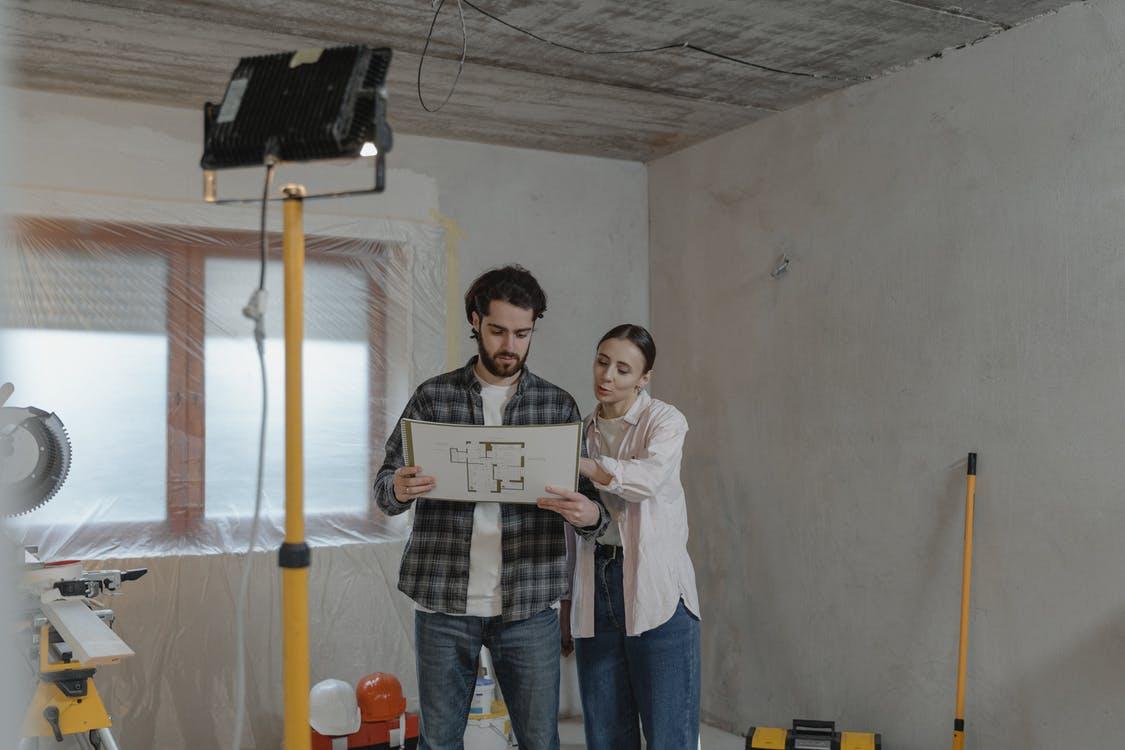As an interior designer, you are the project manager, responsible for all aspects of the work a client has hired you to complete. Whether this relates to painting or cabinet installation, the result is entirely on your shoulders!
Many designers opt to hire subcontractors to lessen this workload, essentially making the designer the lead contractor. The subcontractors will handle some smaller or more specific jobs that the interior designer, for whatever reason, cannot do themselves. This mostly has to do with time management rather than a lack of skill.
So, why does an interior designer need to do a background check on their subcontractors? Well, for many of the same reasons that a conventional employer does. Let’s look at this in a little more detail.
You Need to Know Who You are Hiring
This sentiment underpins a lot of our other points, so it is a good starting point. If your potential subcontractor isn’t precisely who they say you are, you may need to take pre-adverse action.
Before you start searching ‘what is pre-adverse action?’, let us explain what we mean when they say someone isn’t who they say they are.
First and foremost, and arguably the most troubling for anyone hiring contractors, could be a lack of necessary qualifications. If you trust someone to complete specialized work, you need to know they have completed the appropriate training.
Lying about work experience is against the law, so it is paramount to screen any subcontractors before hiring. Ultimately, you could be liable for any damage they incur on your project.
How Is Liability Decided?
Ultimately, in the instance of construction defects, the responsibility of the incident passes down a chain from contractor to subcontractor until final liability is agreed. However, if the contractor performed no background checks, and it later comes to light that the subcontractor was fraudulent, the original contractor could face accusations of negligence.
For example, in the Ornsby case, the Supreme Court ruled that the original contractor would be responsible for construction damage if ‘the contractor failed to take reasonable steps within its supervisory and coordinating authority.’ Failure to take reasonable steps would include failing to conduct background checks.
Honesty Is Key
Our final point on the importance of background checks when hiring subcontractors is fundamentally about values. If you trust someone with your business, it is beneficial to know that they aren’t dishonest. Lying about qualifications or previous employment history doesn’t portray someone who will take their job seriously.
Having people you can trust on your team should be your main priority. Not only that, but the safety of your colleagues and clients is also your responsibility.
Subcontractors can be an enormous help, especially when completing larger tasks, but make sure you know who you are working with before getting them on board!
Don’t Cut Corners
Background checks help companies and contractors across the world to achieve their goals. They aren’t a waste of time, and they can save you a lot of money (and plenty of headaches!) in the long term. Perform your due diligence, and you will never need to worry about a fraudulent subcontractor again!







